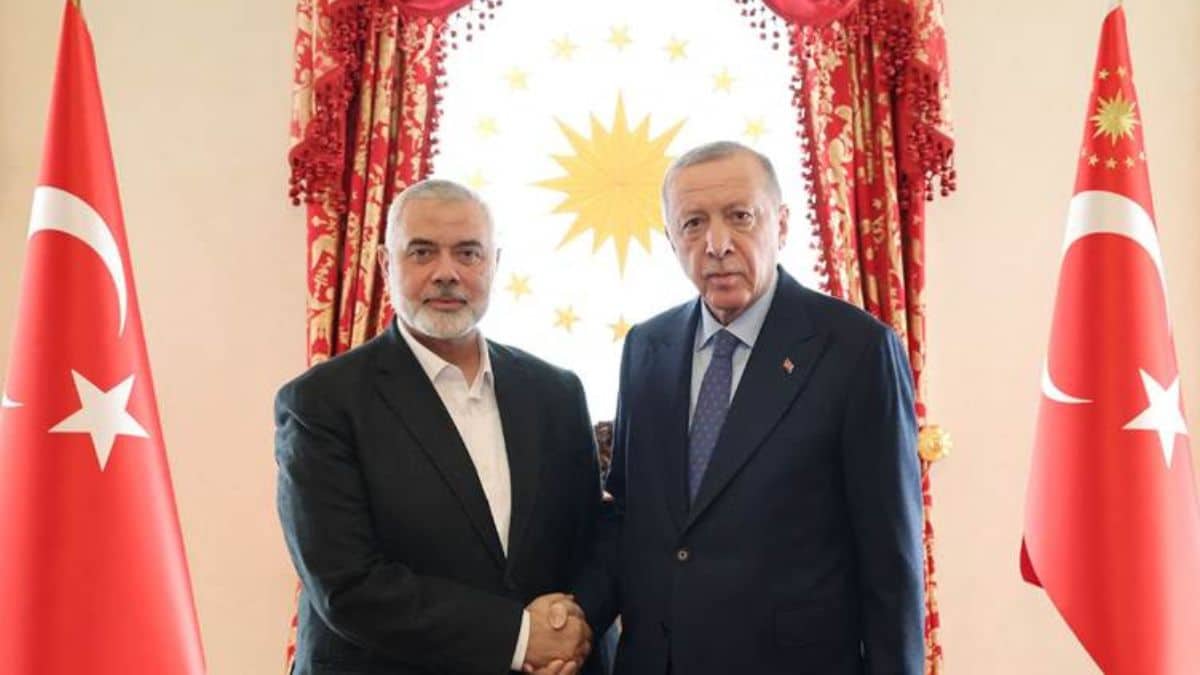In a recent statement, Turkey’s foreign ministry condemned the Israeli government’s actions under Prime Minister Benjamin Netanyahu, accusing it of having no genuine intention for peace. The ministry criticized the Israeli government for its latest military strike, which targeted Haniyeh, a prominent leader of the Palestinian group Hamas.
The Turkish Foreign Ministry’s condemnation of Israeli actions reflects ongoing tensions between Turkey and Israel. The criticism specifically targets Israel’s military actions under Prime Minister Benjamin Netanyahu, particularly a recent strike aimed at Ismail Haniyeh, a key leader of Hamas. Turkey’s strong stance against these actions highlights its support for the Palestinian cause and its criticism of Israeli military policies in the region.
The statement asserts that the attack is not merely a tactical move but a deliberate effort to escalate the ongoing conflict in Gaza to a broader regional scale. This assertion reflects Turkey’s ongoing criticism of Israel’s military strategy and its broader geopolitical ambitions in the Middle East.
Turkey has been vocal in its support for the Palestinian cause and has frequently criticized Israeli policies, which it views as aggressive and counterproductive to peace efforts. The latest escalation is seen by Turkey as part of a dangerous pattern that threatens regional stability and undermines potential pathways to a resolution.
The strike on Haniyeh, who has been a significant figure in Hamas, has intensified the already fraught relations between Israel and Turkey. The Turkish government is concerned that such actions could provoke further violence and instability, potentially drawing in other regional actors and exacerbating the humanitarian crisis in Gaza.
This diplomatic friction highlights the growing tensions between Turkey and Israel, both of which are key players in the Middle Eastern geopolitical landscape. As the situation continues to evolve, the international community will be watching closely to gauge the implications of these recent developments on regional security and diplomatic relations.

